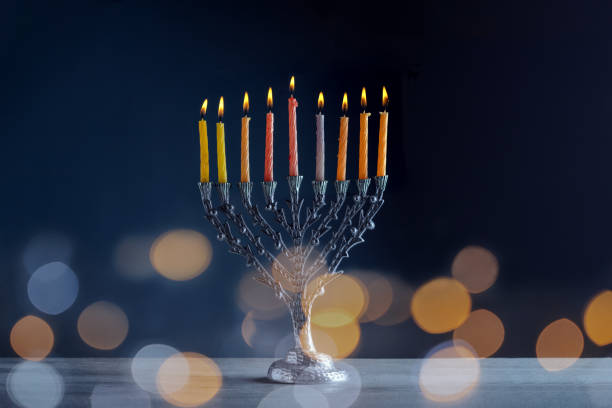Why is Nichum Aveilim Important in Jewish Tradition
A loved one’s demise tends to send the bereaved into a spiral of sadness and grief. The mitzvah of Nichum aveilim is a critical pillar in the Jewish tradition as emphasizes the need to comfort mourners during distressful times.
This mitzvah reminds us that we are not alone in our struggle, as others come to support us through difficult times. Here’re the reasons why Nichum Aveilim is an invaluable part of Jewish tradition:
Reinforces Our Sense of Community
As Jews, we’re connected and part of the same family, even if it’s not through blood or marriage. As such, Nichum Aveilim prompts us to come together and support one another in times of loss. As such, it offers a way to express solidarity with the bereaved.
Mostly, people aren’t customarily required to bring anything to the house of mourning. The presence of mourners is sufficient to give strength and support.
That being said, should you need to bring something, a bag of groceries or an appropriate dish may suffice to lighten a load of food preparation for the family. And should you wish to go the extra mile, you may contribute to a charity in memory of the deceased. For instance, a popular and meaningful gesture involves liaising with the Jewish National Fund to plant a tree in Israel in the deceased’s name.
Spiritual Support
The Shivah period, or seven-day mourning period, is a great time for friends and family to provide comfort and support to the bereaved. You can do this by participating in a Shivah minyan, which involves saying psalms or studying topics related to death and mourning.
During this period, it pays to consider that the bereaved also need some alone time. Thus, small gestures such as staying with them while they take a nap or ensuring they have plenty of food and drinks can provide comfort.
Nichum aveilim helps us to demonstrate our human decency and is an important tenet in Jewish tradition. In fact, it involves more than being present at a funeral and paying condolence visits – it’s a spiritual reminder that we have others looking out for us. In turn, we should do the same for others, even when it’s challenging or inconvenient.
Jewish tradition holds that it’s enough for us to simply sit in grief – so we can find solace in each other. The presence of others helps the bereaved accept the loss and move forward.
Expression of Love and Empathy
The mitzvah allows us to show appreciation for those we love, both living and dead. This may include attending funerals or Shivah visits, sending cards or messages (if you cannot see the bereaved in person), and offering gifts to the bereaved. Such gestures serve as reminders that they are in our thoughts and hearts.
Traditionally, the bereaved stay put in the deceased’s home for a week after their death. For them, it represents a period when they can process their pain, grieve, and take baby steps toward a new reality.
It is also customary for visitors to stay at least 30 minutes or more as the grieving process cannot proceed in solitude. Having a support system consisting of friends and family is crucial for healing.
While such a visit may seem trivial, it’s a great gift of support that can pave the way for a healthier emotional recovery. The goal is to lend a listening ear and provide comfort without trivializing the grief.
Put differently, Nichum Aveilim encourages us to consider how we would feel in another’s shoes, thus emphasizing the importance of compassion and empathy for people experiencing grief. It also helps us gain insight into others’ feelings so we can offer meaningful support.
By showing compassion towards the grieving, we help them appropriately process their sorrows. In essence, Nichum aveilim is all about understanding the significance of death and showing genuine concern for those in mourning.
Sharing Memories
The Nichum Aveilim also allows us to share memories and stories about the deceased. Usually, the healing process begins when we talk about the deceased and recount all the joyous occasions they were part of. It can be as simple as talking about a favorite meal you shared with them or reminiscing how they inspired you. By celebrating their life, we show our appreciation for the departed.
Furthermore, such conversations create meaningful connections between family members and friends. That way, we can also link up with the deceased, albeit in spirit and through memories.
Nichum Aveilim helps provide comfort and solace during challenging times. Through compassion and understanding, it helps bring closure while allowing mourners to heal emotionally from loss. And since we all need a shoulder to lean on during such times, it pays to actively participate in this mitzvah and ensure the people in our circle don’t grieve alone.




